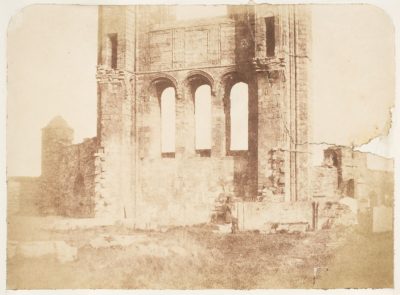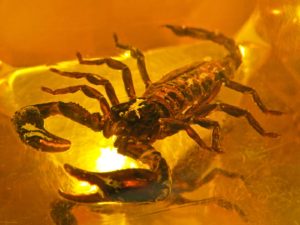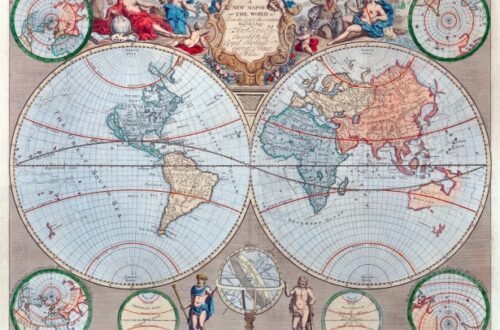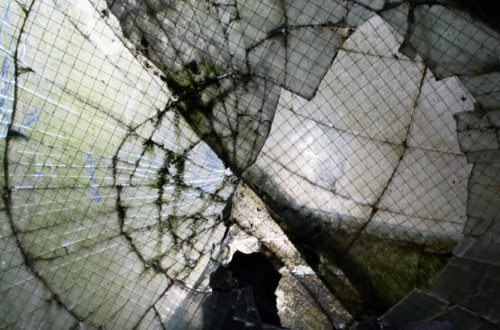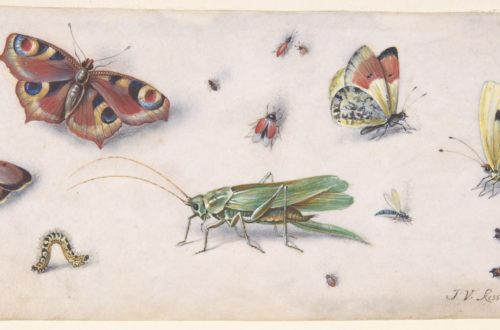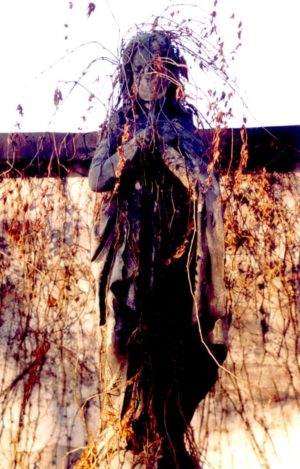
Two Poems by Phoebe Reeves
Part One, Question the Sixteenth: Works of Truth**
and the species vary according to generative power.
that blood and the dead answer. But think—
a witch, just as the images of things
Witches bring the soul into the future.
awake or asleep, the body dreams of fires,
some animal, some polished stone—
of the hand. Wishes find such things when they are not.
Part One, Question the Eighteenth: The Performance of God**
the world life. God is subject to a woman.
world, and God does not prevent argument.
does not wish it. God would otherwise remain hidden.
God did not influence the stars. He cannot go
the fruits of the earth. God, the great uneasiness,
He can do nothing without shame. The serpent
the shield of faith more bitter than reason. God
God wishes this to be. God’s earth is in heaven:
God cannot pleasure but He can permit, and His
His wife wished to escape, but she ran
evil that good may come.
*
Phoebe Reeves’s poems have recently appeared in The Gettysburg Review, Best New Poets 2018, Phoebe, and Forklift, Ohio.
**These poems are part of a book-length project which erases the Malleus Maleficarum, or the “Hammer of the Witches,” a text that was used during the Inquisition to hunt and convict witches, written by Heinrich Kramer and James Springer. A bit on Reeves’s approach to this project:
